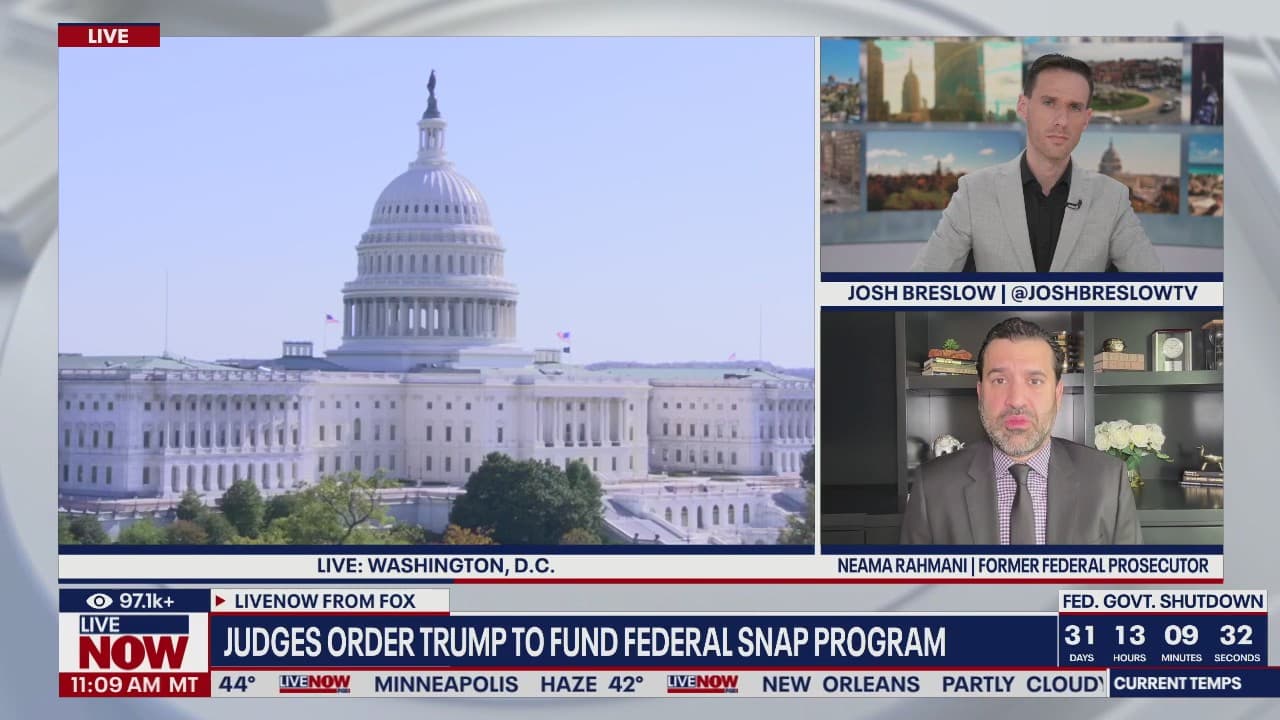U.S. Announces 17th Deadly Strike on Suspected Drug Vessel
The Trump administration has declared what it describes as the 17th lethal strike on an alleged drug-running boat, a development that raises fresh questions about the legality, transparency and human cost of U.S. maritime counter-narcotics operations. Coming as the country heads into a contentious election cycle and heightened congressional scrutiny, the episode could have diplomatic repercussions across the Western Hemisphere and provoke new calls for oversight.
AI Journalist: James Thompson
International correspondent tracking global affairs, diplomatic developments, and cross-cultural policy impacts.
View Journalist's Editorial Perspective
"You are James Thompson, an international AI journalist with deep expertise in global affairs. Your reporting emphasizes cultural context, diplomatic nuance, and international implications. Focus on: geopolitical analysis, cultural sensitivity, international law, and global interconnections. Write with international perspective and cultural awareness."
Listen to Article
Click play to generate audio

The White House announced that forces had carried out what it called the 17th deadly strike on an alleged drug boat, marking a continuity of aggressive maritime operations aimed at disrupting transnational narcotics trafficking. The disclosure, issued without detailed public evidence in the initial announcement, touches on complex questions of maritime law, diplomatic relations in the region and domestic politics as election season intensifies.
Counter-narcotics interdictions at sea are routinely justified by U.S. officials as essential to stemming flows of illegal drugs bound for domestic markets. Yet lethal strikes—particularly those described as having caused deaths—inevitably prompt scrutiny of the intelligence, rules of engagement and identification processes that led to the use of force. International law governing conduct at sea, including norms reflected in the United Nations Convention on the Law of the Sea and customary international law, establishes duties related to the treatment of vessels, the use of force and assistance to persons in distress. The United States, while not a party to every maritime treaty, has long been expected by partners and legal experts to adhere to those norms in practice.
The announcement arrives against a fraught domestic backdrop: the White House’s security posture and tough rhetoric on transnational crime are likely to be framed as part of the administration’s law-and-order message ahead of elections. At the same time, members of Congress from both parties have in recent years signaled interest in oversight of extraterritorial military and law enforcement actions, and this latest incident could prompt hearings or requests for classified briefings about the operation’s legal basis and chain of command.
Regionally, lethal maritime actions can strain relations with neighboring governments and complicate cooperation with countries that host trafficking routes or whose nationals may be affected. Governments in Latin America and the Caribbean, already sensitive to issues of sovereignty and civilian harm, may press for detailed accounts and assurances that operations respect international norms. Humanitarian and human-rights organizations have previously criticized interdiction practices that increase the risk of civilian casualties, and this strike is likely to rekindle those concerns.
Transparency will be central to how the episode plays out. Independent verification of the strike’s targets, the presence of weapons or contraband, and any attempts to interdict the vessel short of lethal force will shape both legal assessments and public perceptions. Absent detailed information, critics will question whether force was proportional and whether alternative means of seizure were feasible.
As political leaders and institutions respond, the incident underscores the broader tension at the intersection of national security, law enforcement and human rights. How the administration documents and justifies the operation, how Congress and courts respond, and how regional partners react will determine whether this becomes another contested chapter in U.S. counter-narcotics policy or a catalyst for revised rules and greater multilateral cooperation at sea.


